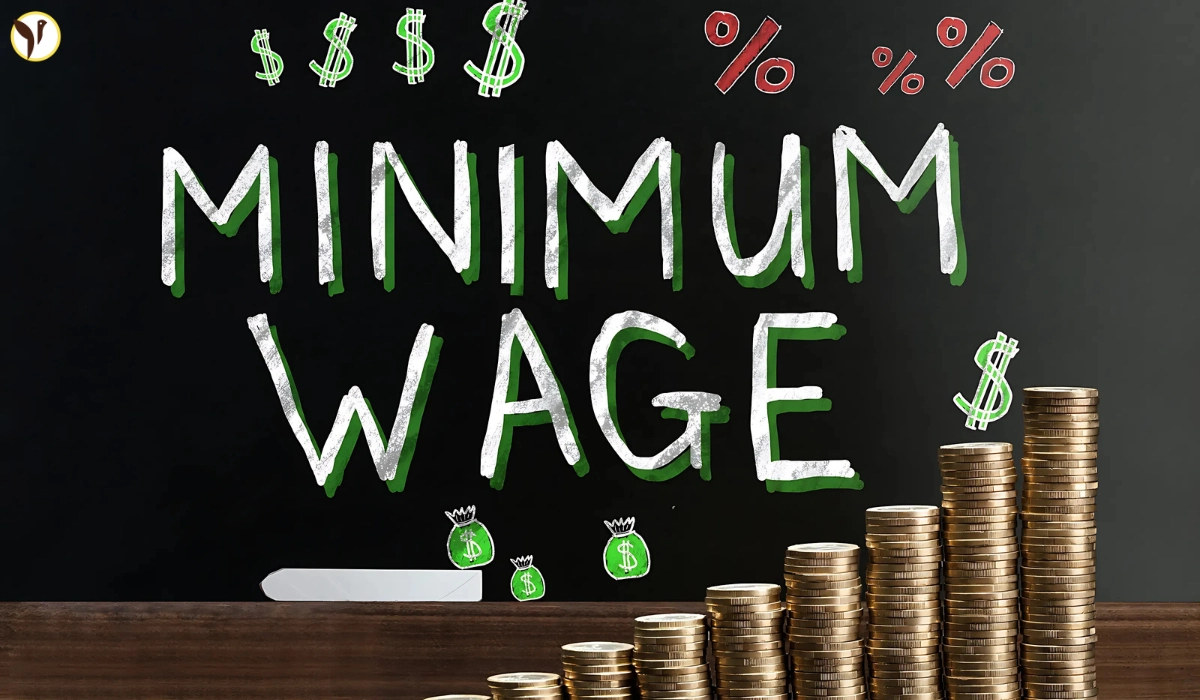Canberra, June 3, 2025 —
Australia's lowest-paid workers are set to receive a pay rise starting next month. The Fair Work Commission (FWC) has announced a 3.5% increase to the national minimum wage and award wages. This change will come into effect on July 1, 2025, lifting the base hourly wage from $24.10 to $24.94, and raising the weekly minimum for full-time workers to $948.00.
This move will directly benefit around 2.6 million Australians, many of whom work in retail, hospitality, aged care, and social services. The Commission said the decision is part of a broader effort to restore wage growth after several years of cost-of-living pressure.
Why the Wage Is Going Up
The Fair Work Commission said it carefully considered Australia’s current economic climate. While inflation has slowed in recent months, many low-income earners continue to struggle with rising living expenses, including food, rent, and fuel.
The 3.5% increase is meant to help workers who rely on award wages catch up after recent years when pay increases did not keep pace with inflation. The Commission emphasized that wage growth should support a decent standard of living for those on the minimum wage, while still being fair to employers—especially small businesses.
This year’s rise follows a 3.75% increase in 2024, showing the Commission’s continued commitment to supporting working Australians without putting too much pressure on the job market.
Who Will Benefit From the Wage Increase?
The wage rise will apply to both the national minimum wage and workers covered by modern awards, which set the pay rates for particular jobs and industries. This includes:
-
Retail and hospitality staff
-
Aged care and disability support workers
-
Cleaners and administrative workers
-
Entry-level and casual employees
For many workers in these roles, this increase is not just a number—it means more money for essentials like groceries, bills, and rent. The government has supported the move, saying it will help lift wages in sectors that often see low or stagnant pay.
Concerns From Businesses
While unions and many workers welcomed the announcement, not everyone is pleased. Some small business owners and industry groups have voiced concerns about the impact on operating costs, especially for cafes, shops, and small service providers.
Business representatives say that while workers deserve fair pay, sudden increases in wages could lead to job losses or reduced hours for staff. They are urging the government to provide additional support for small businesses adjusting to the new rates.
The FWC acknowledged these concerns but said the moderate 3.5% increase strikes a balance between helping workers and managing business costs in a slowing economy.
What Happens Next?
The new wage rates will be applied starting July 1, 2025. Employers must update their payroll systems to reflect the changes, and affected employees should check with their HR departments or unions to understand how their pay will change.
The Fair Work Ombudsman has also made information available online to help both employers and employees understand their rights and responsibilities under the updated pay rules.
The government is expected to continue monitoring wage growth, inflation, and employment levels closely in the coming months to ensure the changes have a positive overall impact.
Image Source: lolasomervillej.pages.dev









